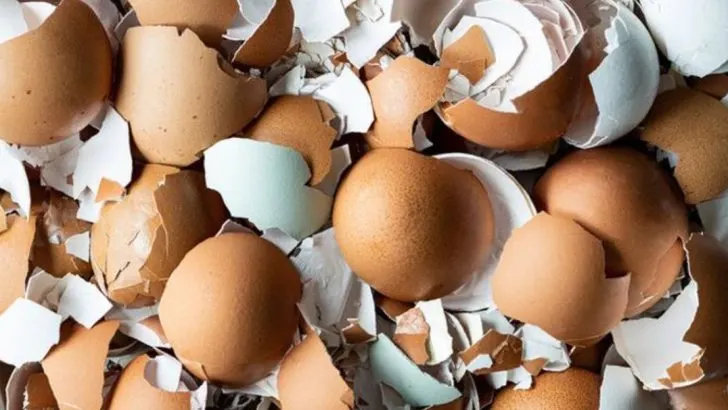Before you toss those peels, shells, or grounds into the trash, take a closer look — your next great fertilizer might already be in your kitchen. Many common food scraps are packed with nutrients that plants crave, often outperforming pricey store-bought products in both effectiveness and sustainability.
From banana peels rich in potassium to eggshells loaded with calcium, these leftovers nourish your soil, boost plant growth, and help reduce household waste. And the best part? You don’t need any special equipment — just a little know-how and the willingness to rethink what you throw away.
In this article, discover 8 powerful kitchen scraps that can transform your garden naturally. These humble leftovers not only feed your plants — they help build a healthier, greener garden from the ground up.
Banana Peels
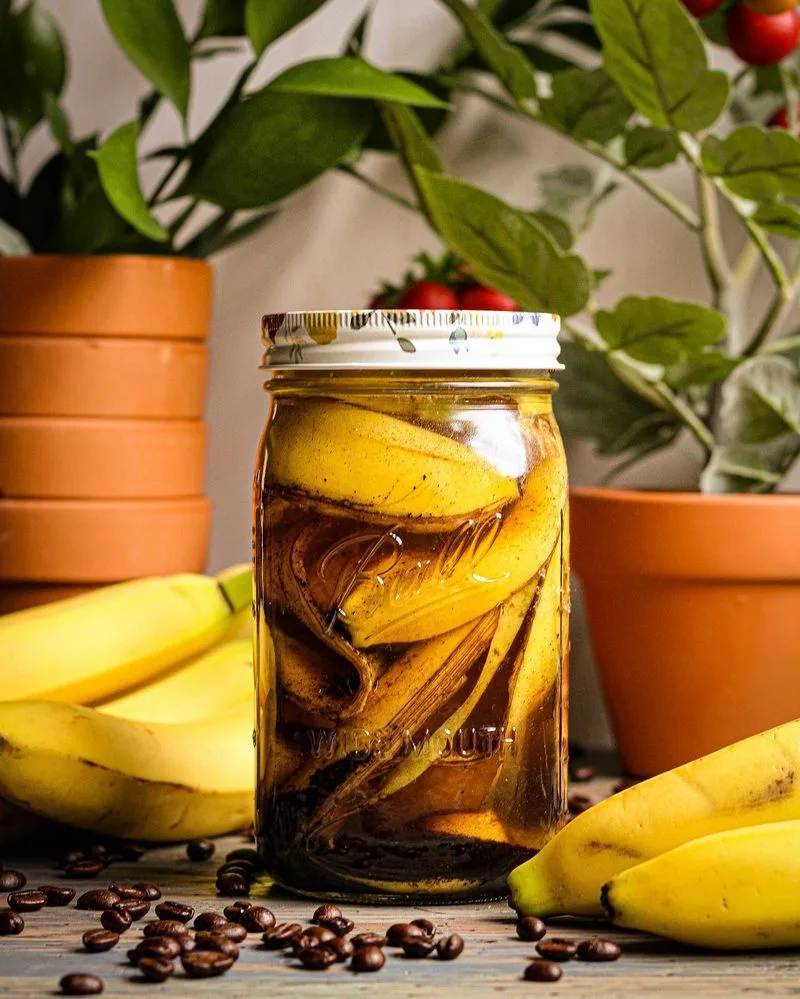
Everyone enjoys a good banana, but did you know its peel holds a secret? Bursting with potassium, magnesium, and calcium, banana peels are a powerhouse for garden vitality. Simply bury a few pieces in the soil around your plants. They decompose rapidly, releasing essential nutrients. Boosting flowering and root strength, your garden will thank you. As an added bonus, this natural fertilizer helps ward off pests. The peels break down without polluting, making it a sustainable option. Consider adding banana peels to your gardening routine for a noticeable difference in plant health.
Coffee Grounds
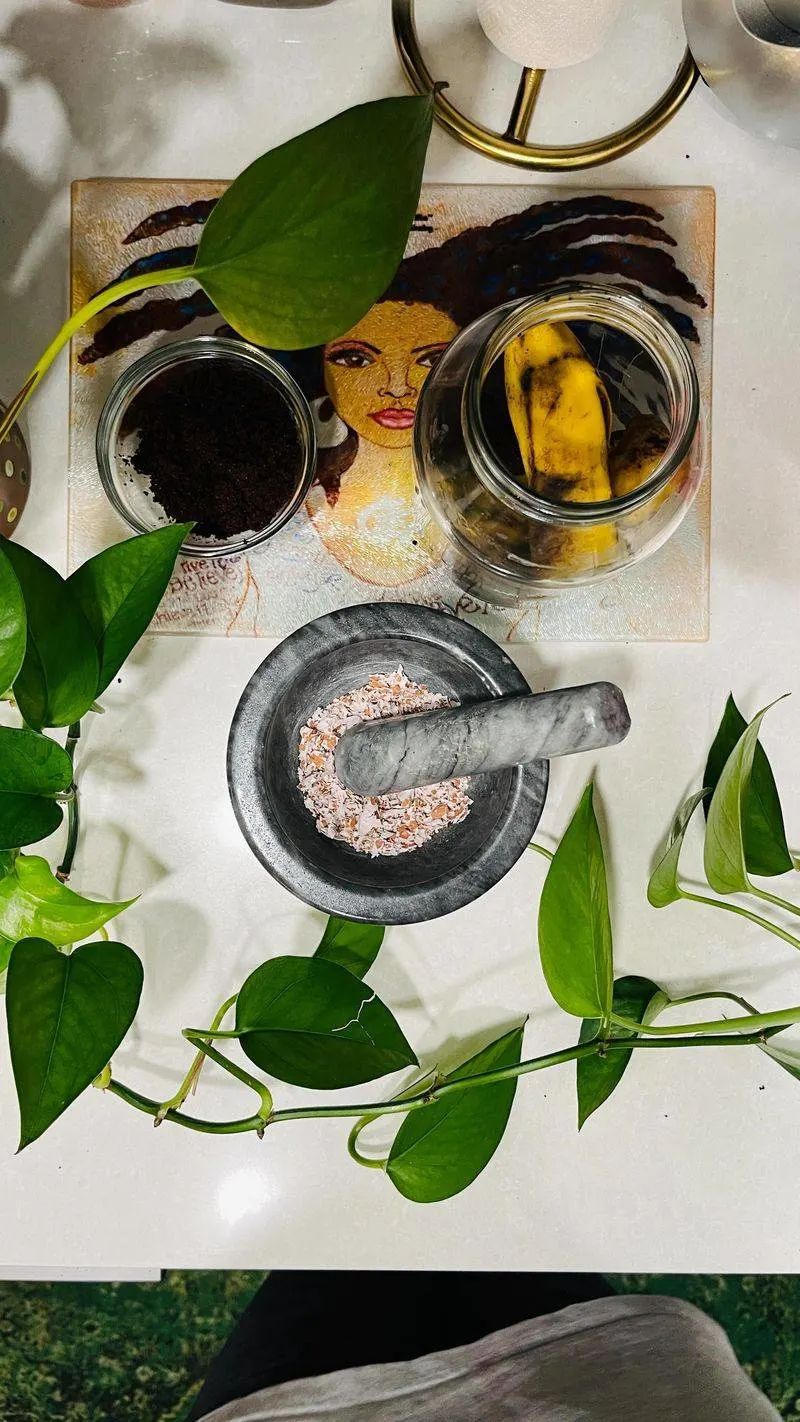
For many, coffee is the start of their day. What if the grounds could start your plants’ day, too? Rich in nitrogen, coffee grounds can be sprinkled directly onto the soil, enhancing plant growth. Their texture also aids in aerating the soil, allowing roots to spread easily. Acid-loving plants like blueberries and roses benefit immensely. Plus, the grounds act as a natural pest deterrent. Who knew that yesterday’s brew could be today’s garden hero? Next time you prepare your morning cup, save the grounds and give your plants a caffeinated boost.
Eggshells
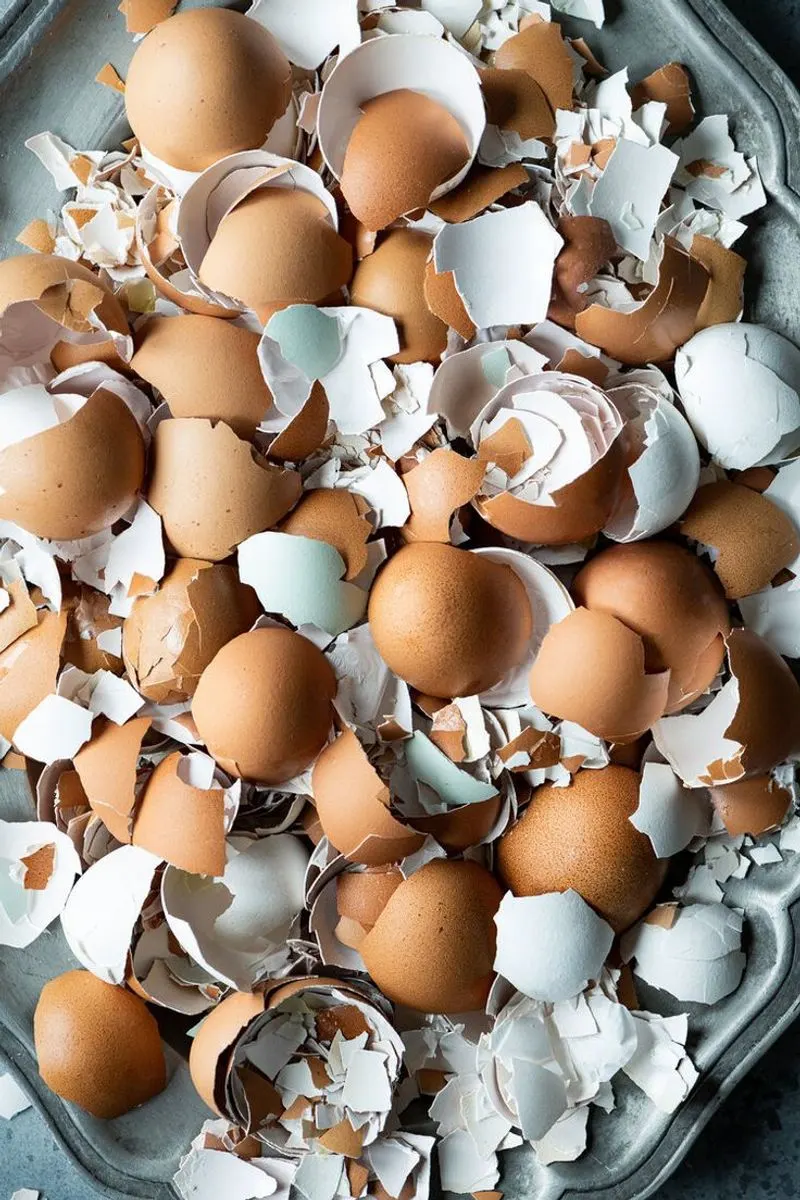
Eggshells aren’t just fragile casings; they’re a treasure trove of calcium. Crushed and mixed into the soil, they combat soil acidity and strengthen plant cell walls. Tomatoes, peppers, and eggplants thrive with this calcium boost. As the shells break down, they release nutrients gradually, ensuring consistent nourishment. Additionally, they deter pests like slugs. Simply rinse, crush, and sprinkle around your plants. This practice not only recycles kitchen waste but elevates your garden’s health. Embrace the power of eggshells for robust plants and a sustainable gardening approach.
Vegetable Scrap Broth
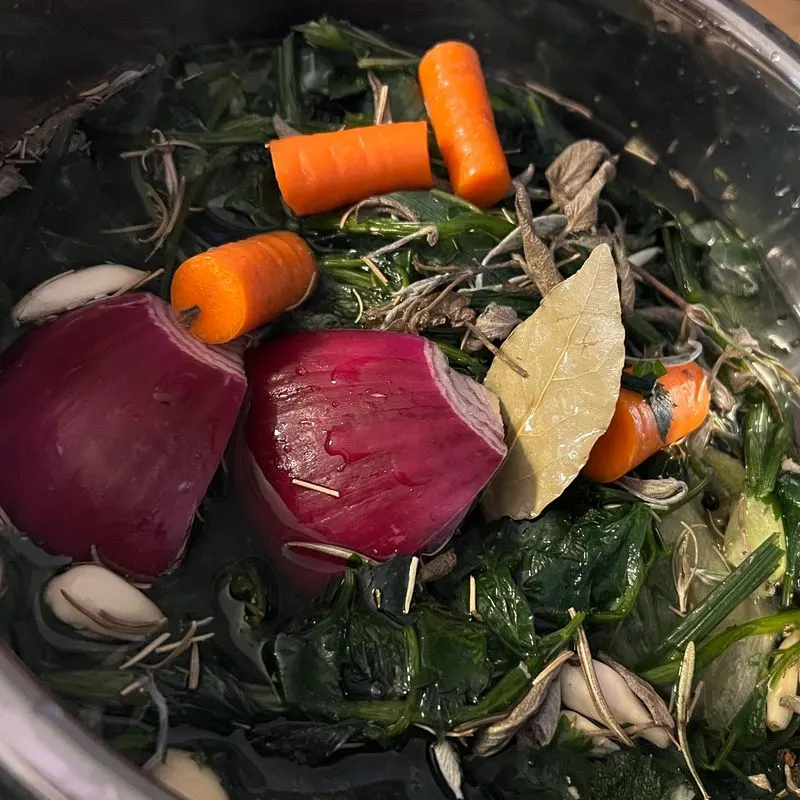
Before tossing those vegetable peels and ends, think again. Boiling them creates a nutrient-rich broth perfect for nourishing plants. The liquid absorbs vitamins and minerals, which can be cooled and poured directly into your garden. This broth acts as a gentle fertilizer, promoting vibrant growth without overwhelming plants. Ideal for houseplants and outdoor gardens alike, it’s a natural boost you can create every week. Not only does this reduce food waste, but it also enriches your soil. Next time you’re prepping veggies, remember, every scrap has potential.
Tea Leaves
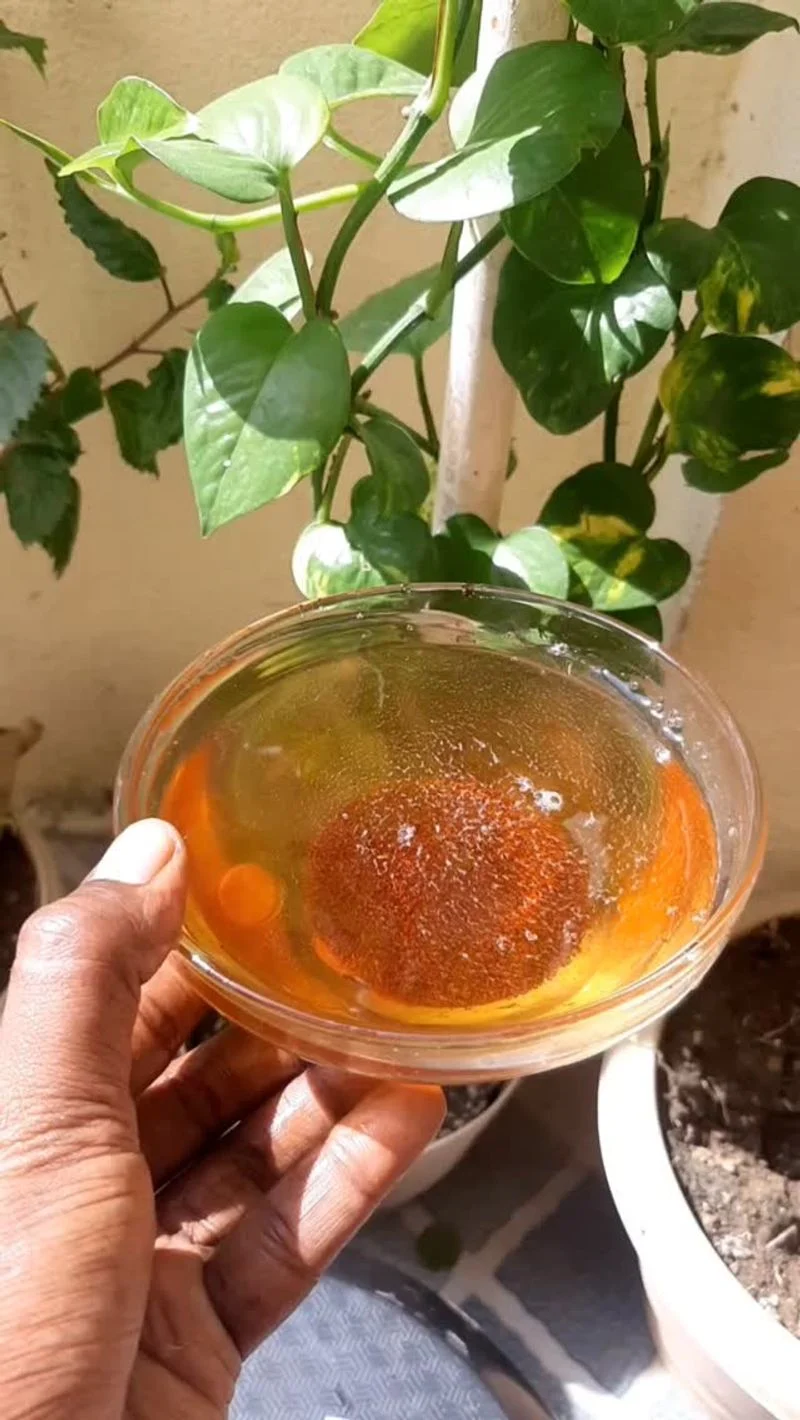
A calming cup of tea has hidden benefits beyond relaxation. Used tea leaves, rich in tannic acid and nutrients, can improve soil structure and nutrient content. They’re especially beneficial for roses, ferns, and other acid-loving plants. Scatter the leaves over the soil and watch them work their magic. Additionally, they help retain moisture and deter pests. As they decompose, the gradual nutrient release supports sustained plant health. Repurpose those used leaves and add a flavorful touch to your garden’s wellness routine.
Onion Skins

Onion skins, often discarded, are rich in potassium and calcium. They contribute to plant growth and disease resistance. Soaking them in water and using the liquid as a plant feed creates a potent mixture. This natural tonic promotes robust growth and healthy foliage. Apart from nourishment, it’s believed to improve pest resistance. Instead of throwing them away, consider their potential. Your garden can benefit from what usually ends up in compost. Embrace the unexpected power of onion skins to uplift your plants.
Citrus Peels
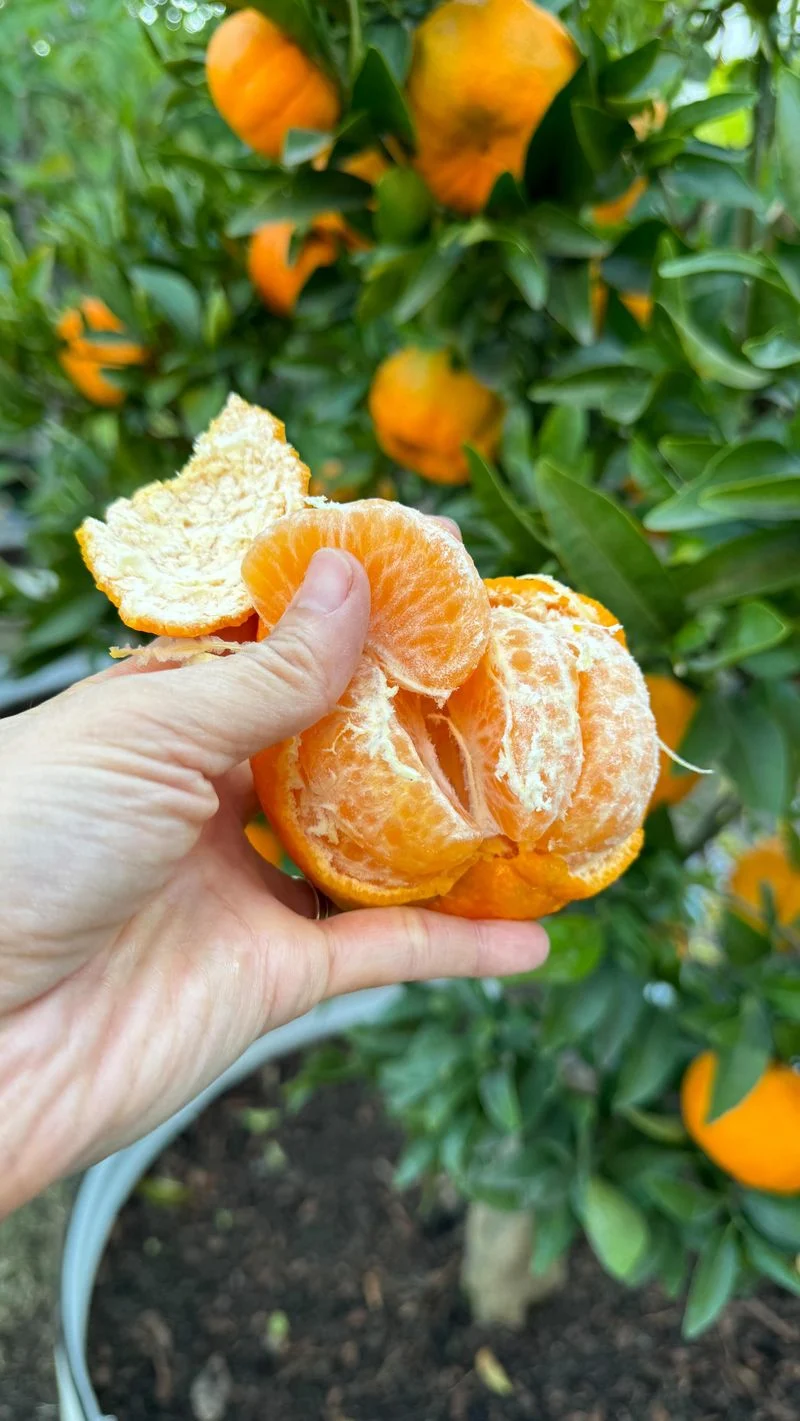
Citrus peels, with their zesty aroma, offer more than just a refreshing scent. They are full of nitrogen, phosphorus, and potassium, key elements for plant growth. Burying them in your garden can improve soil quality and deter pests. This aromatic addition is also known to balance soil pH. As they decompose, they release essential oils, which have natural antibacterial properties. This encourages healthy plant development without harsh chemicals. Next time you enjoy an orange or lemon, remember the power of the peel resides in its ability to nourish your plants.
Potato Water
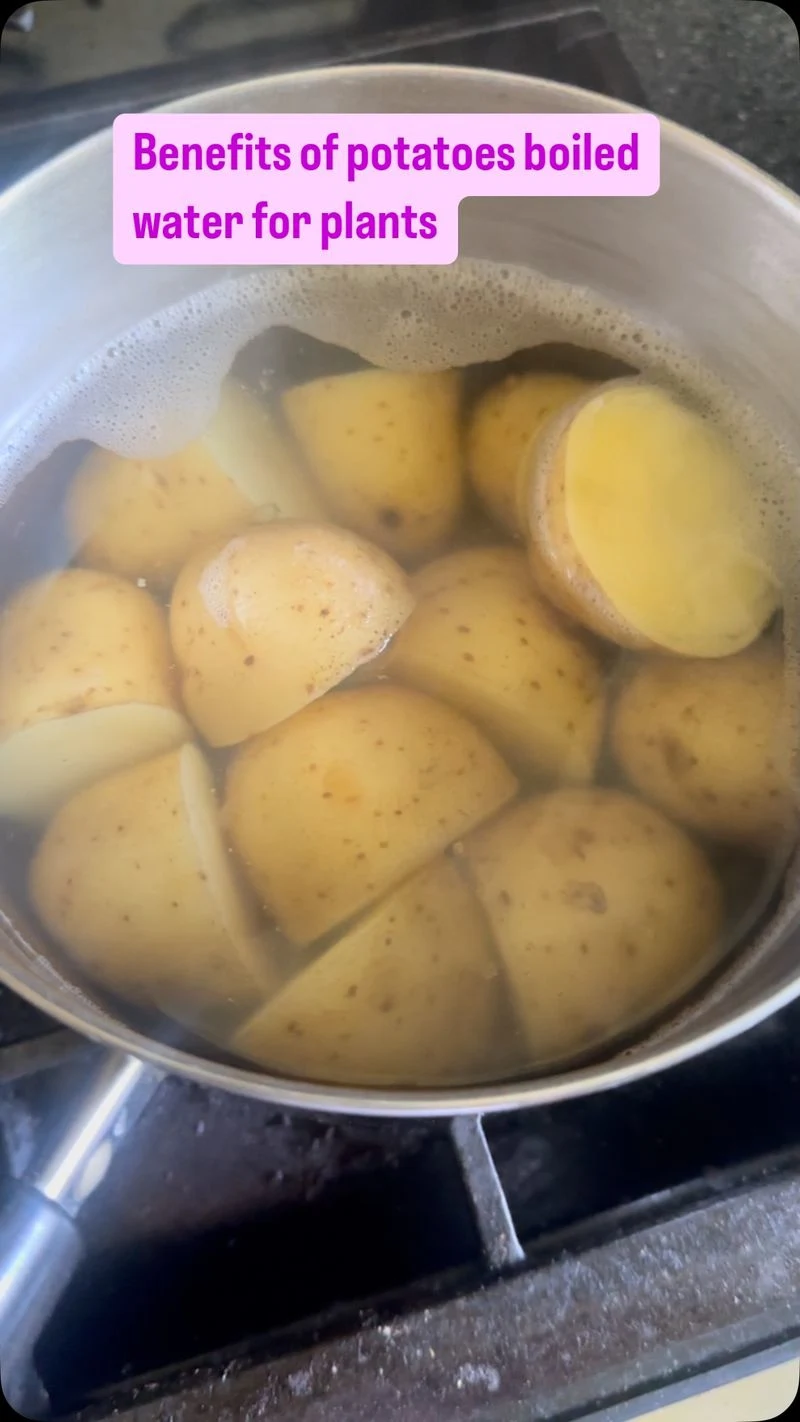
Next time you boil potatoes, remember the leftover water is a gardening gift. Rich in starches and nutrients, this water is a gentle fertilizer that supports plant health. Once cooled, it can be poured onto your garden, providing nourishment without chemicals. This method is especially effective for houseplants, adding vigor to their growth. It’s an easy way to recycle kitchen waste and enrich your plants simultaneously. By using potato water, you’re not only reducing waste but enhancing your garden’s vitality with minimal effort. A true win for eco-friendly gardening.

